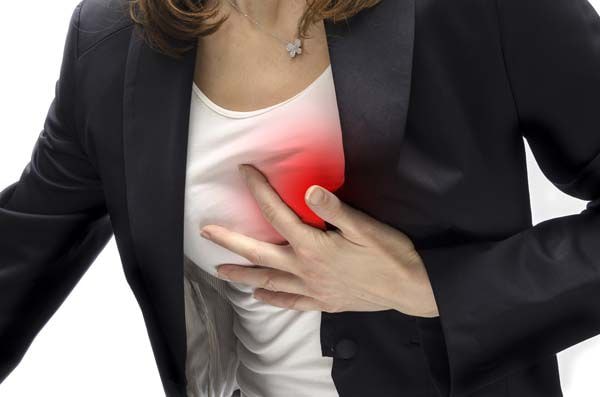Green tea cleans teeth better than mouthwash?
In order to find new simple and effective ways to treat diseases, scientists are secretly conducting a series of clinical trials with common and easily available ingredients all over the world. Among them are studies on the ability of tea to keep teeth clean when used as a mouthwash or the use of chamomile essential oil to reduce gout.
Use tea as a mouthwash
Researchers are testing tea rinses as a way to reduce plaque buildup on teeth. The trial in India will compare green and black teas with a commercially available antiseptic mouthwash.
 |
Volunteers with gum disease were given either tea or a chlorhexidine mouthwash to rinse their mouths for 30 seconds twice a day after brushing their teeth. The plaque levels on their teeth were measured during the two-week trial at Sri Hasanamba Dental College Hospital in India.
Experts say plaque forms on teeth when we eat and drink. Some bacteria are harmful, leading to plaque buildup and possibly gum disease. Tannins in tea are thought to have antibacterial properties.
Using chamomile essential oil to reduce gout
Can chamomile relieve gout? That is the question being asked by an ongoing study in Japan. Gout results from a buildup of a waste product called uric acid, which forms crystals in the joints, causing inflammation and pain.
 |
In an eight-week trial at Hiroshima University in Japan, patients will be given a daily dose of 200mg, 300mg or 400mg of chamomile essential oil in capsule form. The research team will monitor changes in the amount of uric acid in their bodies.
The trial was conducted after animal studies found that chamomile essential oil significantly reduced uric acid levels. Researchers believe this effect is due to chamomile essential oil being able to neutralize xanthine oxidase, a liver enzyme involved in uric acid production.
Use a heating pad to treat heartburn
A hot balloon that burns away damaged tissue is being tested to treat a complication associated with chronic heartburn - a condition that destroys the cells lining the esophagus, leading to Barrett's esophagus.
 |
In the UK alone, up to 1 in 50 adults have Barrett's esophagus and face an increased risk of esophageal cancer. In a trial at the Hospices Civils de Lyon in France, patients with Barrett's esophagus will undergo either hot-balloon therapy (essentially radiofrequency ablation) or conventional surgery to remove the damaged part of the esophagus.
The new treatment involves a tiny balloon being passed down the throat to damaged esophageal cells. There, the balloon, which has metal wires on its inner surface, is inflated and the wires emit radio waves to destroy the damaged cells. Previous studies have shown that this approach can eliminate up to 90% of Barrett's tissue after one to two treatments.
According to vietnamnet






